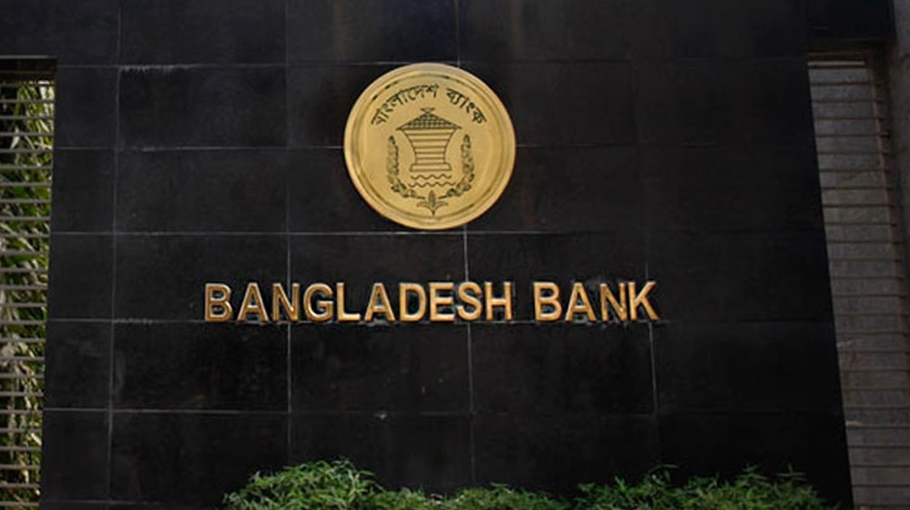BB issues new policy
Green investment gets fresh thrust

Policy on green bond financing has been formulated with a view to facilitating green focused sustainable investment of banks and financial institutions through climate change mitigation and adaptation.
Bangladesh Bank issued a new policy recently that provides low-cost, long-term loans for renewable energy, officials said.
Renewable energy sector stakeholders of Bangladesh have praised the green bond financing policy, as they have been demanding such an initiative for a long time.
According to the central bank, the Bangladesh government prioritizes achieving sustainable development goals (SDGs) which requires significant sustainable investment in infrastructure sectors. The government has set a target to reduce greenhouse gas emissions by 5 percent within 2030 in the energy, transport and industrial sectors.
Furthermore, Perspective Plan 2021-2041 and Bangladesh delta plan 2100 set out an ambitious plan for sustainable economic growth highlighting the need for climate change mitigation and adaptation. The green bond policy will help to achieve the target, official hopes.
Green bond is a long term fixed income securities to finance or refinance the projects or activities which are recognized as green under the green bond taxonomy stipulated in this policy.
The new policy prioritizes the channeling of funds for the construction and operation of all types of solar power system.
The central bank said it also aims to support hybrid renewable-powered electricity, heating and cooling systems, and the production of renewable energy technologies.
It said that a bank or a NBFI might issue green bonds (after approval by the board of directors) to raise its capital with a view to financing the proceeds in environmentally eligible projects. The green bond tenor should not exceed 15 years maturity and should be redeemable in nature.
Non-performing loans of issuer banks or NBFIs must be less than 10 per cent (excluding state-owned commercial banks), minimum capital adequacy, including capital conservation buffer, must not be less than the prescribed ratio for the past eight consecutive periods and no provision shortfall for the past two years and no shortfall in maintaining cash reserve requirement and statutory liquidity requirement for the past two years.
Since the introduction of the green lending requirements in January 2016, green finance from banks and NBFIs has increased from around Tk 3,000 crore a year to over Tk 10,000 crore a year since 2018.
Prime Minister Sheikh Hasina has been elected president of the ‘Climate Vulnerable Forum’. The forum members want to ensure 100 percent renewable energy by 2050 in their own countries.
The government has taken initiatives to enhance generation of renewable energy as part of its efforts to ensure energy security keeping carbon dioxide emissions at a low level.
Currently, Bangladesh's installed power generation capacity is about 22,000 MW. Of the amount, only 911 MW is being generated from renewable sources.
State Minister for Power, Energy and Mineral Resources Nasrul Hamid has said renewable energy would be the main fuel in future. It would ensure future energy security. According to the power system master plan, the share of renewable energy in the fuel mix is increasing. Some 40 percent of electricity will come from renewable energy by 2041.



